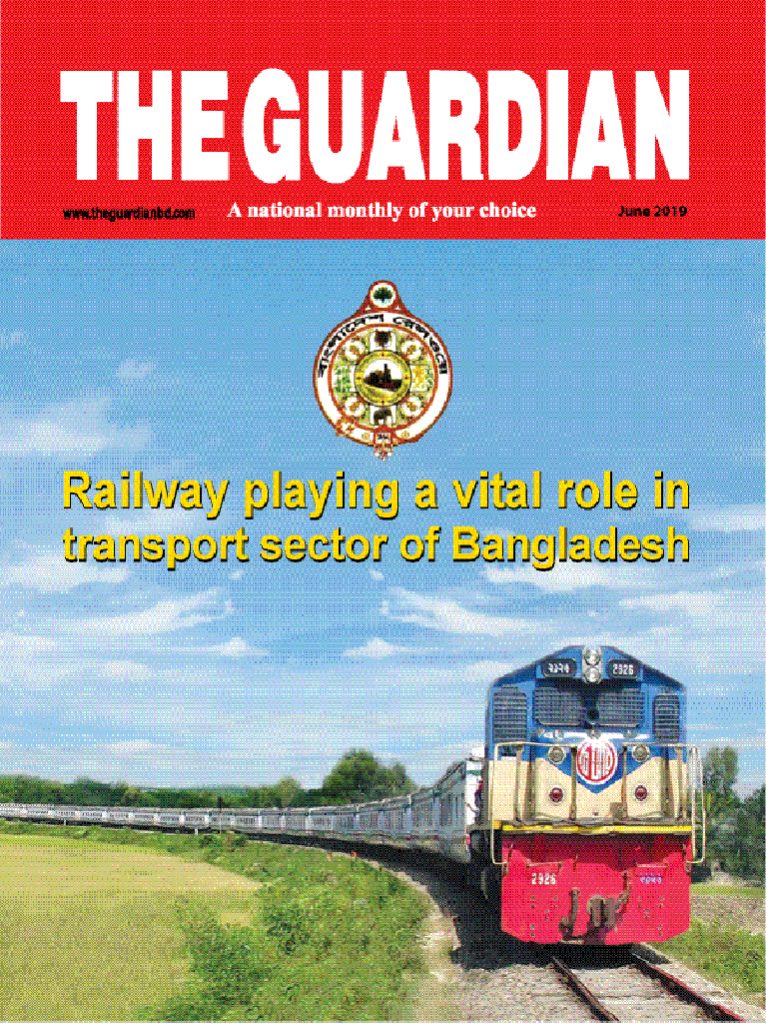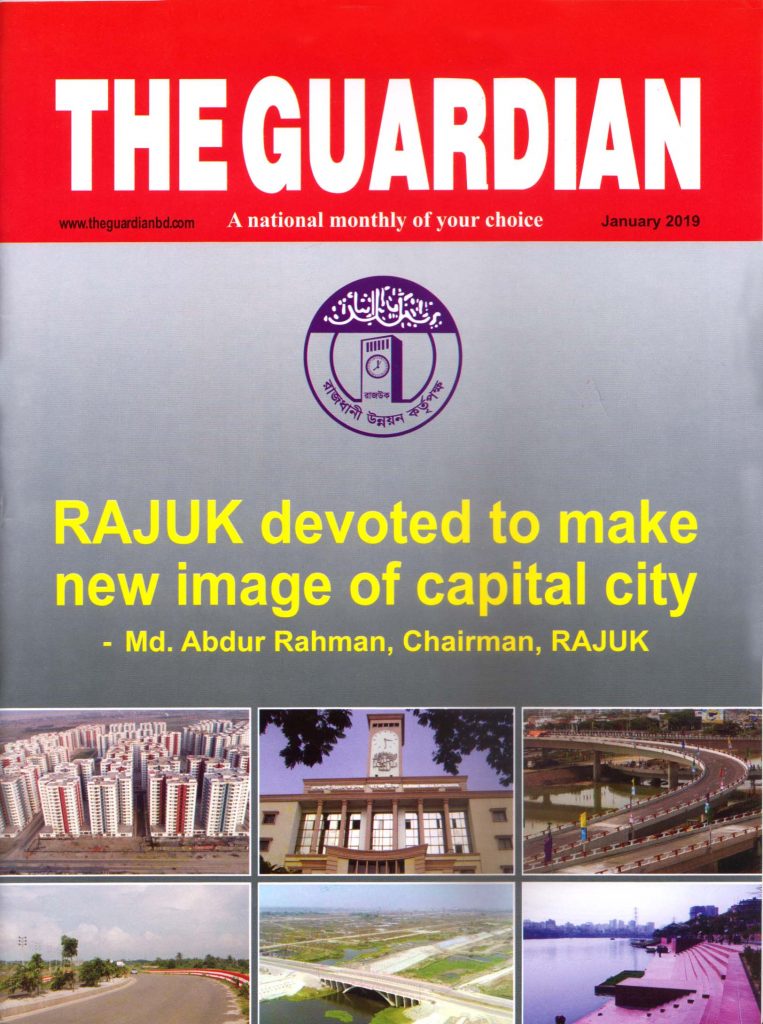The Stores Department is an integrated logistic department of Bangladesh Railway. Inventory management, Purchasing management, Quality control management and Distribution management all are under same umbrella. Material management department plays a vital role for organizational success. Proper inventory management can reduce inventory volume i.e. capital blockage of the organization. Stores department handles more than 42,000 types spares of different category. Using the traditional system it was impossible to manage the inventory of these huge spares. Considering the demand of modern age the Railway management introduced computerized inventory and purchase management and Customized Inventory software.
Bangladesh Railway Automated Support System (BRASS) was developed and implemented with the help of Canadian International Development Agency (CIDA) during 1990-1998. The software BRASS customized for diesel spares. Diesel spares are stocked in four locations- Pahartali, Dhaka, Parbatipur and CLW (Central Locomotive Workshop). Due to huge no of items and those stocked in different location, created lot of duplication of same item for same use in different nomenclature. Besides, yearly assessment of these huge numbers of items used to be done manually. As a result for human failure or for lack of communication assessment was not accurate.
On the other hand, inventory control conducted by stores department, is one of the richest decision areas in logistical management. Any discussion of inventory management should start with considering which inventory policy to adopt, in terms of goods to be stocked and their purpose. In the initial stage these huge number of items used to be done manually. As a result for human failure or for lack of proper communication, assessment was not often correct. Earlier assessment was made on the basis of ACST (Annual Contract Statement) system.
In present time assessment is made on Re-opt basis. In Re-order system, when stock position come to re-order level, then demand is generated. Re-order point is calculated on 21 AMC where AMC is monthly average consumption of last 36 months. where as GOH (General Overhauling) of Locomotives assessment is calculating on basis of advance program and kit list. For this, both shortage and excess are dangerous because excess blocks unnecessary capital and shortage hampers railway’s operation. .So the inventory management seeks to achieve a balance between shortage and excess of stock by risk and uncertainty. To get rid of these types of hassles, there is no alternative without entering e-based material management system. To overcome this problem, computerized inventory management BRASS played a key role.
The success of digitalization in any government organization depends on efficient and effective use of public funds, which is essential to public procurement and one of the basic aims of the public procurement legislation. The public procurement act-2006 was introduced to harmonize the procedure of public procurement in all government sectors with the aim of ensuring transparency and accountability for the procurement of good works and services.
Stores department is functioning as the procurement department of BR, the success of BR to some extent depends on the success of stores department. In the days of globalization, like all other organizations the Material Management Department i.e. Stores Department of Bangladesh Railway is moving towards Computerization.
The stores department is vested with the responsibility of planning, implementing and controlling the efficient flow of material to the consuming departments, inventory control, material handling and storage, orders processing, procurement and scrap disposal. For performing all these responsibilities successfully, stores department is divided into mainly inventory control section; purchase section, inspection/ shipping section. Head of the stores department is Chief Controller Of Stores (CCS). CCS is assigned with the job of Procurement, Inspection, Storage and supply of all types of raw materials, spare parts, oil, grease and consumables required for the operation of train and for up-keeping of the assets of Bangladesh Railway namely Locomotive, Carriage and Wagon & P-way materials.
In a successful organization, Purchasers need to be confident that their suppliers can achieve the required level of quality. Quality assurance is concerned with ensuring that the goods and services that have been bought meet these requirements. Buyers should ensure that suppliers have an appropriate quality system in place.
The purchasing organization, with the help of consuming department, needs to develop a marketable specification to ensure that suppliers provide the right products to meet this requirement; also drawings of every possible item should be upgraded with the help of computer aided program such as Auto CAD program. Apart from other factors keeping public safety into consideration the Quality Control and Inspection wing may be strengthened by providing modern testing equipments and tasting facilities. For these reasons, activities of the department should be strengthened by using computerized facilities.
To meet the departmental i.e. organizational target BRASS was introduced. Introduction of BRASS bring out success in several areas of inventory and purchasing management. With the help of BRASS it was possible to detect of duplication of huge no of diesel Locomotive Spares parts. Before computerization the size of inventory of Diesel Locomotive Spares parts was about 27000 items. After Screening the size came down below 20000. In the past 15 years addition of new Locomotives and there spares the inventory of diesel items increased up to 27000. At the time of development of BRASS, the internet network of the country was so poor. So the software was developed desktop based and the daily data would transfer through dial-up method using Railway’s own optical fiber based telecommunication system. With the help of technology railway management would be able to know the status of stock of diesel spares with out knocking depot ledger card.
BRASS helps us for quick assessment and creation of Indent for procurement of Diesel Spares. Railway introduces preventive maintenance system in Locomotive maintenance. Maintenance department through prior maintenance program 2-3 years ahead and based on this program, with the help of BRASS it was very much possible to generate demand with in short period and through it to procurement wing. Before introducing BRASS it was impossible.
BRASS is not only material management software; it was also eminence planning and maintenance program based software. It was integrated software for material management and maintenance management. Store people and maintenance people already habituated with this software and now days without this software we are incapable of doing our regular work.
BRASS support BR for a period over 15 years. In last decade there was a rapid change in computer, software and network. Besides frequent failure of telecommunication it was not possible to up date BRASS in time. As a result railway management thought for on-line based BRASS for instantaneous result and searching facility from any end of Bangladesh railway. Railway management signed an agreement with Corporate IT Ltd/Ctg for developing on line based BRASS and supply a server in 2010. Corporate IT ltd developed the on line based BRASS and it running with BR’s own web site. After implementation of online based BRASS, material management people observed a radical change in material tracking information system. Only authorized user can log in the site and can collect information regarding material management. ICC (Inventory Control Cell) control the server and control unauthorized user entry.
ICC office can assign a new user, can control of excess and can provide working area of each authorized user. With the help of this web site Stores department can increase their inter-communication as well as intra communication with in Railway. Material management can extend their working area with the help of this software with a minor investment.
To meet twenty first century’s demand, Railway management under took a reform project. To implement modern ideas and technology in different sector of Bangladesh Railway the project was launched. Under this project the following area will be computerized:
a) Accounts
b) Finance
c) Assets management
d) Personnel management
e) Stores management
f) Maintenance management
In stores management all function related to store department will be incorporated. The following areas regarding stores function will be done with the help ERP (Enterprise Resource Planning). Original software is Oracle ERP and it will be customized by TATA Consultant services / India.
1. All depot’s inventory maintain (issue, receipt, etc)
2. Demand generation for all stocking depot
3. Demand passing through inventory control
4. Demand generation for program based maintenance
5. All purchasing activities
6. Quality control i.e. inspection activity
7. Material clearing activity from port
8. Material distribution activity to the ultimate consignee
9. Complain material tracking and handling
10. Internal transfer of materials
11. And all other activity regarding material management.
After implement of ERP stores department i.e. Bangladesh Railway will enter in latest technology regarding material management.
It is hopeful that the trends of stores department is always to move towards digitalization on implementation of ERP software developing by TATA mostly all of its activities will perform with the help of the software by which human resources of the department will also be developed and accustomed with use of modern technology. This revolutionary change into e-based material management activities will ensure to procure material in right time, right quantity, right quality, from right sources at right price which will meet the demand of the consumer. The upcoming e-based material management activities will be clearly ahead from other, material management department of the country and it will be an imitable instance of digitalization.










